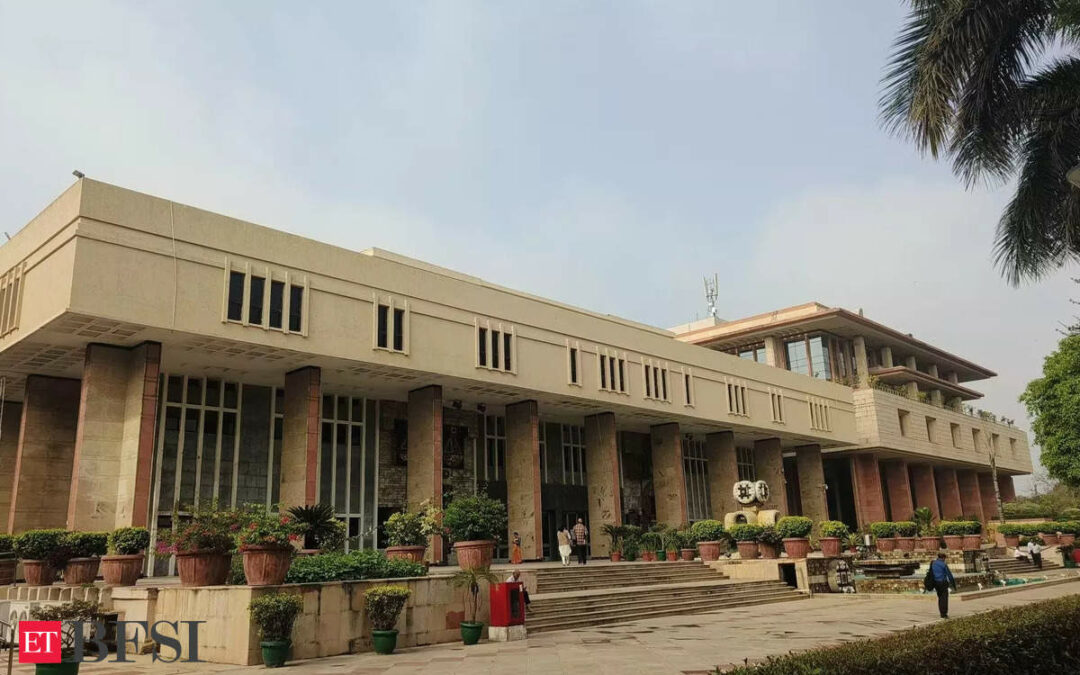Appalled at the “high-handed approach” of the RBI ombudsman in a complaint against a bank, the Delhi High Court has said the Ombudsman Scheme cannot be reduced to a tantalising promise as it bridges the gap between the regulated entities, such as banks or NBFCs etc, and the consumers “meandering for justice”. The court said the scheme seeks to achieve a cost-effective and speedy resolution of the complaints of consumers against regulated entities and the ombudsman is duty bound to pass a reasoned order to foster greater transparency and confidence in the process.
The court was hearing a plea by the petitioner who was aggrieved by the manner in which the ombudsman rejected its complaint against a private bank without passing a detailed order.
The court noted that under the Reserve Bank- Integrated Ombudsman Scheme, 2021, the ombudsman is required to consider the complaint of customers of regulated entities relating to deficiencies in services while adhering to the principle of natural justice, and in this case, it did not deal with any of the submissions made on behalf of the petitioner/complainant while dismissing the complaint.
It said the designation of an ombudsman under the aegis of the RBI was “especially useful” as he is the person who understands the business of banking and is entrusted to carry out quasi-judicial functions with utmost diligence in accordance with the extant regulations.
“It is, however, appalling to see a high-handed approach of the Ombudsman in facilitating resolution of complaints pertaining to services rendered by the bank in the instant case. If such an authority passes an order without assigning any reasons, defying the statutory mandate and principles of natural justice, it would only erode public trust in its functioning and consequently, undermine the democratic values,” said Justice Purushaindra Kumar Kaurav in a recent order.
“The Ombudsman Scheme, which seeks to achieve an earnest, cost-effective and speedy resolution of the complaints of consumers against the regulated entities, cannot be reduced to a tantalizing promise as it bridges the gap between the regulated entities and countless individuals meandering for justice,” it added.
The court further said the ombudsman was required to pass a detailed order after dealing with the submissions made by the complainant and also after providing sufficient opportunity of hearing to the respective parties, and any empty formality deserves to be weeded out.
Since no explanation or grounds were provided by the ombudsman for the rejection in this case, the court said it only amounted to a mechanical acceptance of the stand taken by the bank. It set aside the rejection order and remitted the matter back to the ombudsman for fresh consideration in accordance with law.










